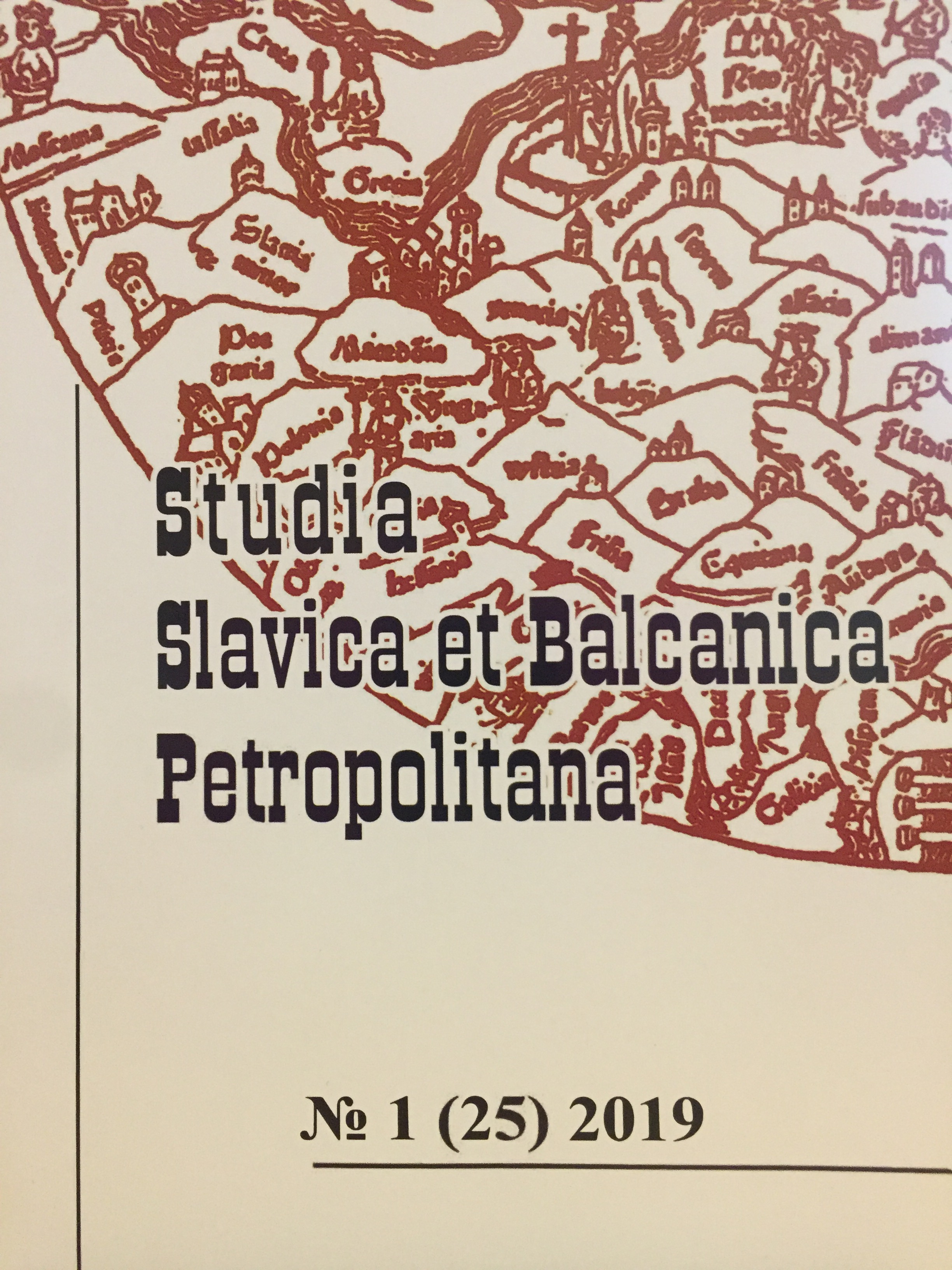На страже сербской истории: феномен гусле
On guard of Serbian history: the phenomenon of gusle
Author(s): Miroslav MitrovichContributor(s): Alena Alekseevna Mikhaylova (Translator)
Subject(s): History, Cultural history, Ethnohistory
Published by: Издательство Исторического факультета СПбГУ
Keywords: folk instrument; gusle; guslar; epic poetry; historical memory; tradition
Summary/Abstract: At the end of the 20th – the beginning of the 21th century one of the objectified symbols of the Serbian national culture has become the folk musical instrument – the gusle. Trying to understand the phenomenon of this instrument and its spiritual component, the author of the article focuses on the historical conditions of its existence, trying to establish the area of its distribution and its role in the spiritual values dissementation. The article, in particular, points to the inseparable connection of the gusle with the epic heritage and the figure of its performer. The paper examines the main theories of the origin and genesis of the gusle, traces the various stages of the development of the associated performing tradition and its development in the Modern and the Contemporary Times. The author pays special attention to the multifunctional significance of the gusle in culture, including their role in preserving historical memory, shaping the national idea, preserving family values and ethnic self-consciousness. The peculiarity of this musical instrument to express the collective reflection of the ethnic community on historical events of a crucial natureis highlighted. At the same time, it is noted that the gusle represent a cultural phenomenon associated with the traditions of many Balkan peoples, as evidenced by the variability of this instrument, traced through the collections of musical instruments of the Ethnographic Museum in Belgrade. This circumstance leads the author to the conclusion that the observed in recent years tendency to assign “national rights” to this or that type of musical instrument by countries formed after the breakup of Yugoslavia is generally a fallacy.
Journal: Петербургские славянские и балканские исследования
- Issue Year: 2019
- Issue No: 1 (25)
- Page Range: 3-22
- Page Count: 20
- Language: Russian

